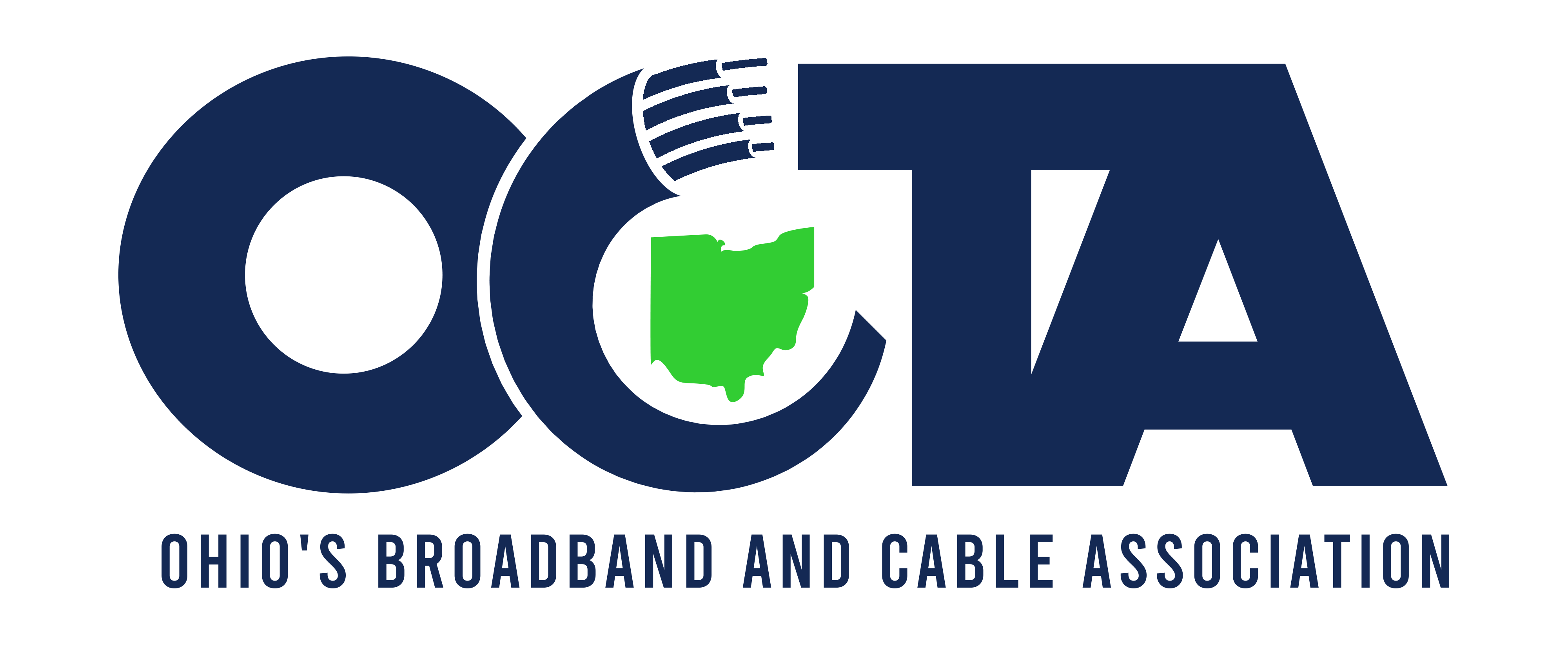Complete Story
05/08/2009
Attorneys for Ohio accuse pair of satellite TV providers of trying to escape state sales tax
COLUMBUS, Ohio -- Lawyers for Ohio accused a pair of satellite TV companies Thursday of concocting a wild theory of business law and shopping it from court to court to escape a state sales tax imposed on their industry in 2003.
In a strongly worded brief to the Ohio Supreme Court, the state argues that DirecTV Inc. and EchoStar Satellite Corp. have no legal grounds for escaping the tax, which they are fighting because it wasn't imposed on their cable competitors.
A loss could be costly for the cash-strapped state, which is collecting $44 million a year in satellite sales taxes. John Kohlstrand, a spokesman for the Ohio Department of Taxation, said if it isn't victorious, Ohio probably will be required to return taxes it has collected from consumers over the years.
But the state noted that five state and federal courts have so far agreed with the state in similar cases.
"Because the satellite companies' argument is so outside mainstream Commerce Clause jurisprudence, they have shopped their 'fool's gold' from one state and federal jurisdiction to another and found no buyers...," the filing on behalf of state Tax Commissioner Richard Levin said.
"There is no reason -- let alone a compelling one -- why this Court should give them any further deference in entertaining the argument yet again," they said.
The satellite companies' basic legal argument is that subjecting them and not their cable competitors to the 5.5 percent sales tax violates their rights to interstate commerce, because their companies operate between states and cable companies operate within them.
"The central question in this case is whether the discrimination against satellite TV customers violates the Commerce Clause, because imposition of the tax is triggered by whether or not a business builds an extensive infrastructure within Ohio," the companies argue.
In Thursday's filing, state attorneys painted their opponents' argument as absurd.
They said it is based on a "'ground vs. outer-space' hypothesis" that ignores the fact that the U.S. Supreme Court has repeatedly held that the Commerce Clause "does not protect one interstate business from another regardless of the technology utilized that may cause one business to have more infrastructure in one location than another."
Besides, the state argued, cable companies pay a franchise fee in Ohio that satellite providers don't -- so the tax could be seen as equalizing the state burden on the two industries.
Many disagree.
As the appeal of a lower court's February ruling has proceeded, some powerful interest groups have lined up behind the satellite companies, including the National Taxpayers Union and the Consumer Federation of America.
"Ohio's satellite-only tax unabashedly places its thumb on the scale of consumers' decisions about who will be their television provider," the Taxpayers Union wrote in its brief. "If they purchase satellite service, consumers pay a tax that does not appear on a cable bill."
The National Rural Telecommunications Cooperative told the court that, before the arrival of satellite TV in rural Ohio in 1994, modes of communication viewed as essential to everyday life were absent from much of the state.
"Cable companies have concluded -- both in Ohio and elsewhere -- that it is simply not worth the cost to lay the infrastructure necessary to deliver their television programming to less populated rural areas," their brief said. "This meant that as recently as the early 1990s, rural families in Ohio depended entirely on 'rabbit ears' to watch TV -- assuming that broadcast signals could even reach them."
For those out of reach of a broadcast signal, the cooperative said, "there was literally no way for them to access the television news, weather and other programming essential to connect them to events elsewhere in Ohio and beyond."
The consumers' federation says the satellite tax will reduce competition and hinder choices, keep prices high and erode the quality of service available especially to rural Ohioans.
Its filing with the court noted that direct-broadcast satellite competition has a history of encouraging innovation, including better picture quality, music and Internet and phone services.
"Singling out innovative distribution technologies for discriminatory taxation discourages service improvement and encourages providers to freeze existing levels of service," they wrote.
State lawyers say the Commerce Clause was aimed at making sure states don't set business policies that favor local businesses at the expense of out-of-state businesses. However, they argue, both the satellite and cable industries are large, multistate operations.
They note that both satellite and cable companies transmit programming across state lines, use in-state and out-of-state equipment and facilities, own in-state and out-of-state property, employ both Ohio and non-Ohio employees, and sell their programming in other states.

